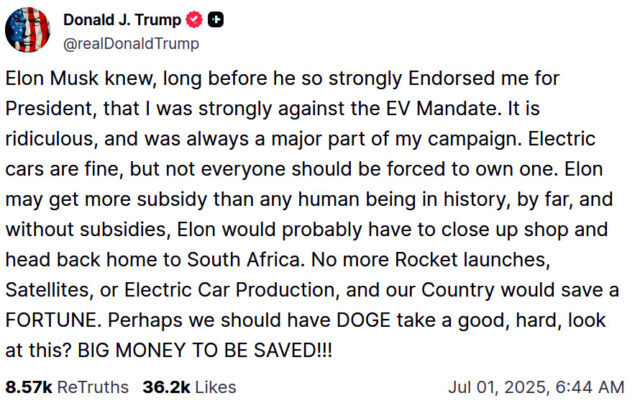Hoteliers in Zhejiang Province, China, have recently decided to ban electric cars from parking in hotel garages. This is in response to several serious fires caused by lithium-ion batteries, which can explode if overheated or otherwise damaged.
However, experts warn that news feeds on social media can exaggerate the threat and create unnecessary fear.
Fires involving electric cars and other vehicles powered by lithium-ion batteries have become an increasing source of concern among traders in China.
In May this year, at least 11 fires were reported from the city of Hangzhou, prompting property owners in several cities in Zhejiang province to take action, Australian outlet news.com.au reports.
Signs have been posted at several hotels and buildings informing of the ban and directing owners of electric vehicles to other parking lots.
Problematic combination of explosive battery technology and low ceilings
The battery technology is the main reason for the reluctance to park cars in underground garages. Lithium-ion batteries are known for their high energy density, which makes them efficient but also dangerous to handle. When they overheat, they can suffer from so-called “thermal runaway”, which means that the battery starts to generate extreme heat, sometimes leading to explosions.
In addition to the problems with the battery technology itself, another problem is that many parking garages in China have low ceilings, which makes firefighting difficult as fire trucks cannot get in.
Hussein Dia, Professor of Future Urban Mobility at Swinburne University, explains that about 95 percent of battery fires are classified as ignition fires, which produce jet-like, directed flames.
中国新能源车安全事故频发,浙江省多地酒店和办公楼相继禁止新能源车停放在地下车库,引发外界关注。 pic.twitter.com/lF4fT1Sppe
— 李老师不是你老师 (@whyyoutouzhele) September 9, 2024
Translation: “China’s safety accidents involving new energy vehicles are frequent, and many hotels and office buildings in Zhejiang Province have banned new energy vehicles from parking in underground garages, raising concerns”.
Electric scooters and e-bikes biggest offenders
Battery fires in smaller vehicles such as electric scooters and electric bicycles are particularly common. In the first half of 2023, hundreds of battery fires were reported globally, resulting in several serious injuries and fatalities.
– In the first half of 2023, EV Firesafe data show they accounted for more than 500 battery fires, 138 injuries and 36 deaths worldwide. Over the same six months, 35 electric vehicle battery fires resulted in eight injuries and four deaths, explains Hussein Dia.
However, Professor Dia emphasizes that electric cars use more sophisticated designs and have more advanced cooling systems that make them safer than smaller vehicles.
Not all electric vehicles carry the same level of risk, however. Some brands, such as Tesla, have a better reputation in China than many other car brands when it comes to safety.
Tesla itself recommends that in the event of a battery fire, you let it burn out. This is because water can make the situation worse by creating hydrogen gas – which in turn is flammable.
In a 2020 report, Tesla states that their cars recorded one fire for every 330 million kilometers driven. According to official US government data, the corresponding figure for gasoline and diesel vehicles was one fire per 30.6 million kilometers.
Chinese EV car imported in #Myanmar by Min Aung Hlaing Son’s company catches fire while being parked in a garage in Uttara Thiri Township, Naypyidaw . The incident happened on 8-9-2024. #China sent 2000 Electric cars in Myanmar and nearly 200 of them have caught fire. pic.twitter.com/k9Bmdew1zJ
— Nepal Correspondence (@NepCorres) September 9, 2024
Social media amplifies anxiety
Researchers say social media has contributed to amplifying fears about electric vehicle fires, but the risk of an electric vehicle spontaneously catching fire is relatively small.
A report from the University of California, Berkeley, estimates that gasoline-powered vehicles are nearly 30 times more likely to catch fire than electric vehicles. Despite this, the growing number of electric vehicles threatens to increase the number of accidents and serious incidents.
– The surge in electric vehicle numbers means funding is needed now to ensure firefighters can deal effectively with any fires that do happen, said Professor Dia.
Lithium-ion batteries require tailored fire extinguishing methods, which are not yet fully developed.
– We still have limited data on fire risk in electric vehicles, most of which are relatively new. More statistically reliable comparisons require more data over much longer time frames, Professor Dia emphasizes.









